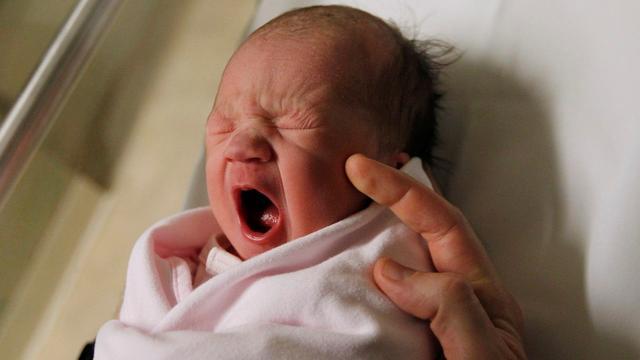
Newborns Feel Pain Before They Can Understand It: Study
When it comes to the concept of pain, we often associate it with emotional responses and cognitive understanding. However, a recent study has shed light on the fact that newborns can feel pain before they can cognitively understand or emotionally react to it. This groundbreaking research has significant implications for how we approach medical procedures and treatment for premature infants.
The study, published in the journal Science, used functional magnetic resonance imaging (fMRI) to examine the development of the pain-sensing network in the brain. The researchers found that the pain-sensing network matures between 34-36 weeks after conception, allowing even premature infants to feel pain. This is a significant finding, as it suggests that newborns are capable of experiencing pain, even if they are not yet able to express it or understand its significance.
But what about the emotional response to pain? The study also found that the emotional-response network, which is responsible for processing and responding to emotional stimuli, reaches maturity between 36-38 weeks after conception. This means that newborns are not only capable of feeling pain, but also of experiencing emotional distress in response to it.
However, the study also found that the network responsible for understanding the significance of pain, which is essential for developing coping mechanisms and adapting to painful experiences, matures after 42 weeks. This suggests that newborns may not be able to fully understand or make sense of their pain until several weeks after birth.
These findings have important implications for how we approach medical procedures and treatment for premature infants. For years, medical professionals have debated whether it is necessary to provide pain relief to preterm infants during medical procedures. The answer is now clear: yes, it is necessary to provide pain relief to even the smallest and most premature infants.
The study’s lead author, Dr. Daniela Kauert, emphasized the importance of considering the emotional and cognitive development of newborns when providing medical care. “Pain is a complex experience that involves not only physical sensations but also emotional and cognitive processes,” she said. “Our study highlights the need to consider the developmental stage of the infant when providing pain relief and to tailor our approach to the individual infant’s needs.”
The study’s findings also have implications for how we approach pain management in general. For years, we have relied on a one-size-fits-all approach to pain relief, regardless of the individual’s age or developmental stage. However, this study suggests that this approach may not be effective for newborns, who are still developing their pain-sensing and emotional-response networks.
Instead, the study’s authors recommend a more nuanced approach to pain management that takes into account the individual’s developmental stage. This could involve using different types of pain relief medications, as well as alternative therapies such as massage and music therapy, which have been shown to be effective in reducing pain and promoting relaxation in newborns.
In conclusion, the study’s findings have significant implications for how we approach medical procedures and treatment for premature infants. It is clear that newborns are capable of feeling pain, even if they are not yet able to understand or respond to it emotionally. As medical professionals, it is our responsibility to provide pain relief and consider the individual’s developmental stage when providing medical care.






